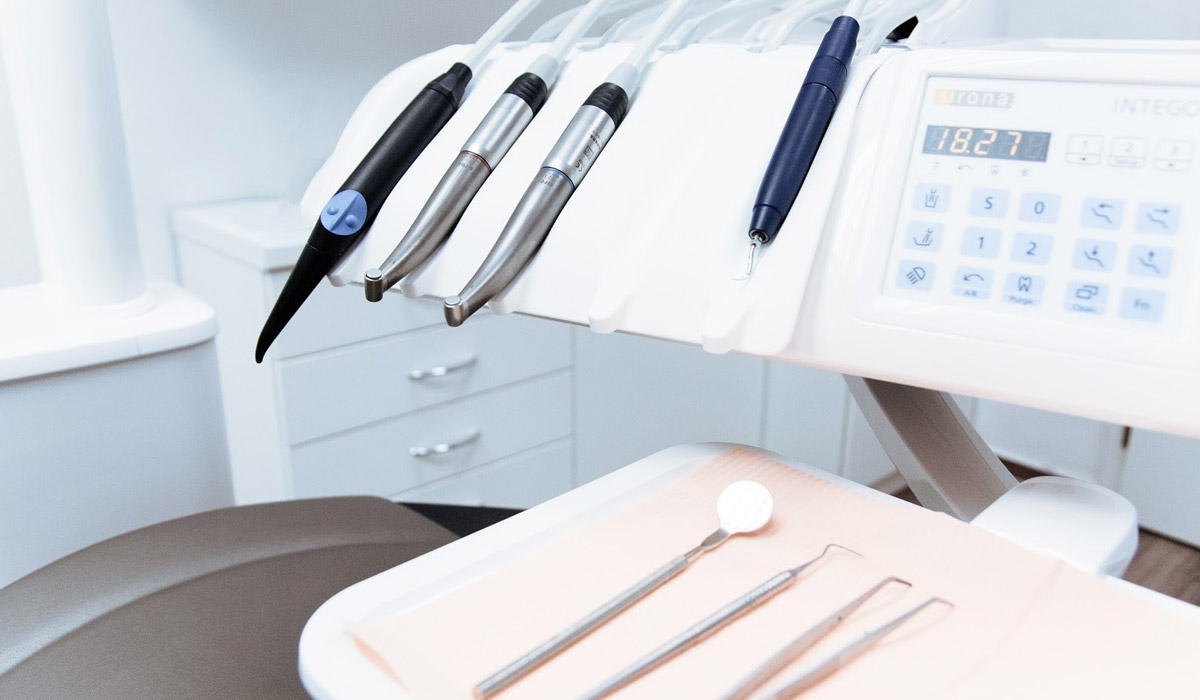Toothaches can be extremely irritating, and the pain they cause can range from mild to unbearable. If you are experiencing tooth pain that is becoming hard to manage, that may be a signal of a bigger issue.
Listening to your body is important because it may pick up on something before you can. And you should always consult a dental professional if unsure of what may be causing your pain.
Valley Ridge Dental Centre is a proud provider of leading dental care in the NW Calgary area. If you are experiencing persistent toothaches and are unsure of the cause, contact our office today for a consultation. We can check if your toothache might result from a larger issue. But in the meantime, here are a few of the reasons why you may be suffering from a toothache:
Cavities or Tooth Decay
More often or not, toothaches are a sign of tooth decay or cavities. It could be due to excessive sugar intake, which causes bacteria growth. If there are too many bacteria in your mouth, it begins eating away at your enamel. It is the source of your pain.
Another reason you may be suffering from a toothache is dental trauma.
These reasons include the following:
- Chipped or broken teeth
- Dental abscesses
- Wisdom teeth
- Gum disease
You can even develop tooth pain because of a sinus or ear infection.
Here are some home remedies that can ease your pain if you’re unable to see your dental provider immediately:
- Gently floss the area that hurts, and then rinse your mouth with warm water to remove any pieces of food stuck between your teeth.
- Toothaches make your teeth more sensitive, so avoid too-hot or cold substances.
- Take an over-the-counter pain reliever to manage your pain until you get a chance to visit a dentist near you.
Home remedies aside, let’s dive deeper into the causes of toothaches and what exactly you might be dealing with:
Impacted Tooth
An impacted tooth occurs when the tooth cannot move into the right position. It commonly occurs with wisdom teeth because they emerge the latest and rub against other teeth and gums.
Your jawbone cannot handle these other teeth, and you might be experiencing overcrowding. This condition leads to pressure, soreness, and pain. It is one of the most common reasons for toothaches, and a dentist can quickly assess your mouth to see if this is the problem.
Gum Disease
Gum disease occurs when your gums become infected. In the case of gingivitis, your gums may feel hot, swell, or become red. If you do not treat gum disease, then your gums can deteriorate.
If your gums separate from your teeth, that will create more space for bacteria to grow. This process also reveals the roots of your teeth and leaves them exposed to plaque. Then follows decay and tooth sensitivity.
Bruxism
Bruxism, another name for teeth grinding, occurs when people clench their jaws. It usually happens during sleep by constantly rubbing the upper and lower teeth together. The habit can be difficult to break since people aren’t self-aware while sleeping.
Bruxism can cause tooth decay and pain and alter facial muscles and bones. In severe cases, bruxism can lead to broken teeth or damaged vital work you’ve previously done. If you’re experiencing aches, check with your dentist to ensure it’s not bruxism. If it is, they will fit you with a night guard to stop the issue from escalating.
Pulpitis
If tooth decay reaches the pulp of your tooth, you may develop pulpitis. Pulpitis is when the tissue in your tooth’s center becomes irritated or inflamed. The inflammation then causes pressure build-up in your tooth and its surrounding tissue.
The primary symptom that people with pulpitis experience is sensitivity to hot or cold substances. The two types of pulpitis are reversible and irreversible pulpitis. With reversible pulpitis, aches diminish within seconds, but with irreversible pulpitis, aches are usually present for minutes at a time.
If you are experiencing symptoms of pulpitis, immediately contact your dental care provider. In less severe cases, a simple filling can fix this condition. In severe cases, a root canal may be necessary.
Dental Abscess
If a cavity or pulpitis is not treated and excessive amounts of bacteria build up in the pulp chamber of your tooth, this chamber will try to drain itself from the tooth root. This drainage causes pressure and pain that can worsen when left untreated.
It can be hard to tell on your own if the aches you are experiencing are due to an abscess, so consult your dentist to find out if that’s why you are experiencing pain.
When You Should See a Doctor
You should always consult a dentist if you are experiencing any unexpected tooth pain or any of the following:
- You haven’t had a routine cleaning in the last year. Getting a cleaning is one of the best ways to ensure your teeth are healthy.
- You are experiencing sensitivity to hot or cold substances.
- You have bad breath that doesn’t seem to fade regardless of how strong your dental hygiene routine is.
- You feel a tooth or several teeth becoming loose.
- There are growing spaces between your teeth.
- Your gums are bleeding, receding, or swelling.
- A fever or swelling accompanies your toothache.
While it is possible to self-diagnose to an extent, there are some instances where it’s impossible to tell what’s causing your dental issue. Whether you have an idea of what the problem is or you don’t know at all, you must consult a professional. Our dentist in NW Calgary will determine the root cause and develop the right treatment plan for you.

